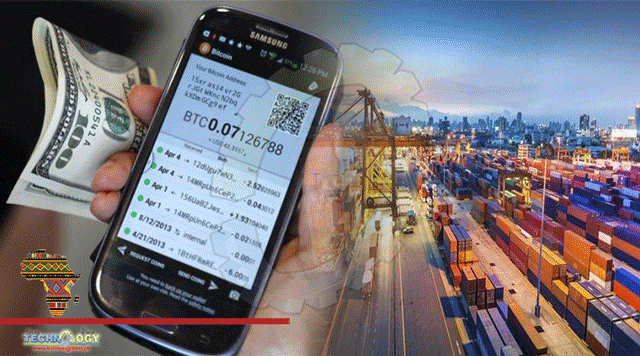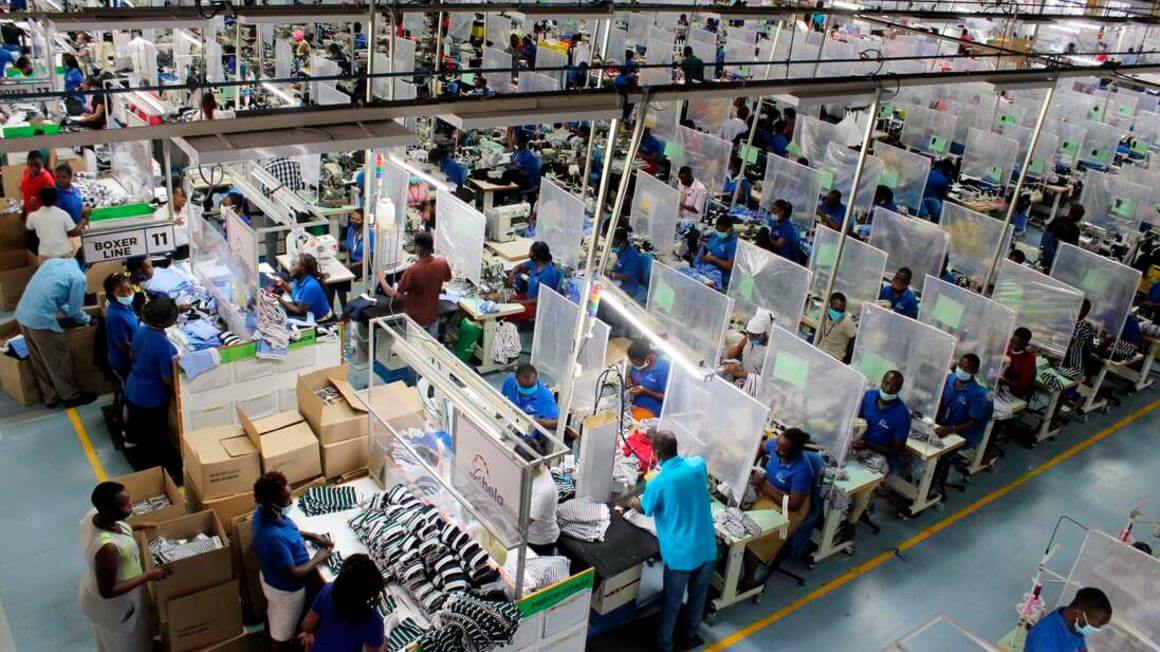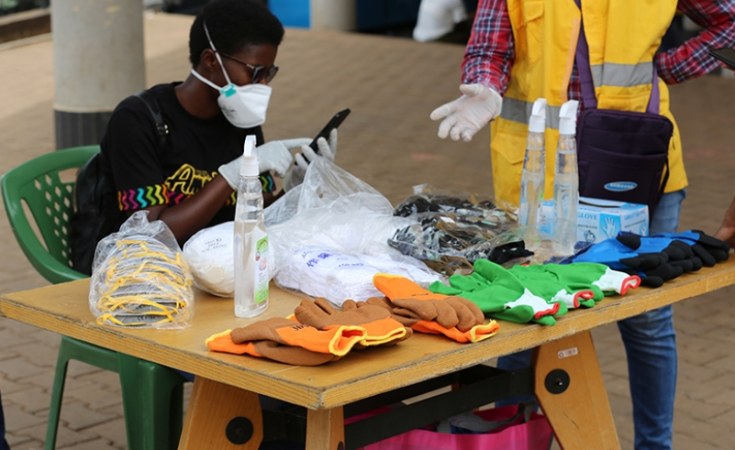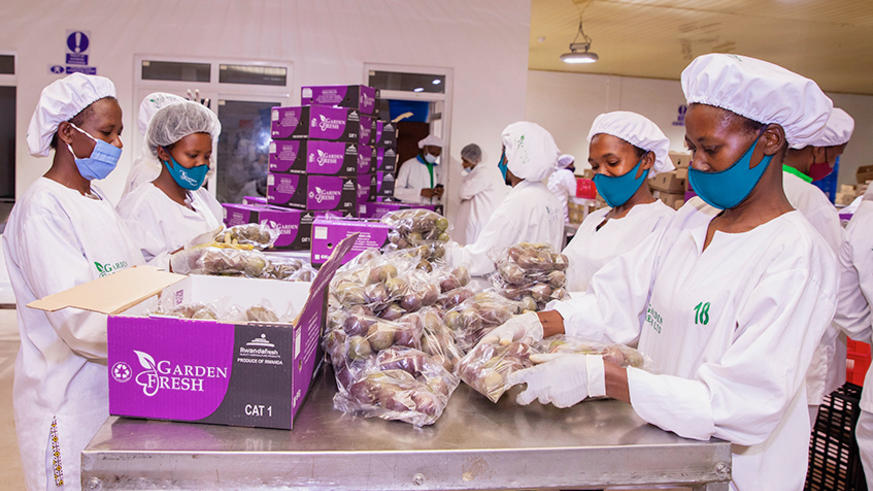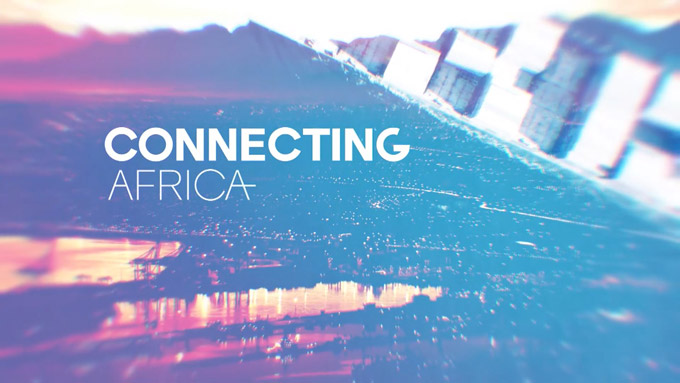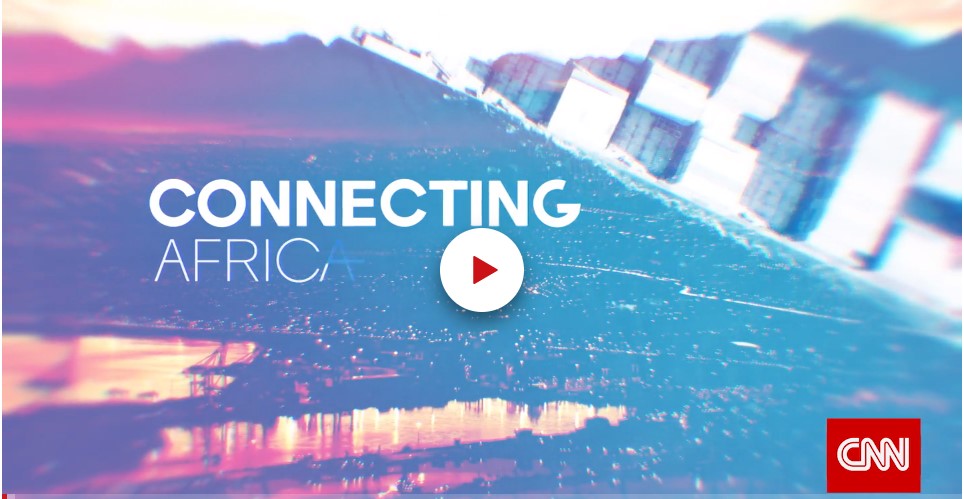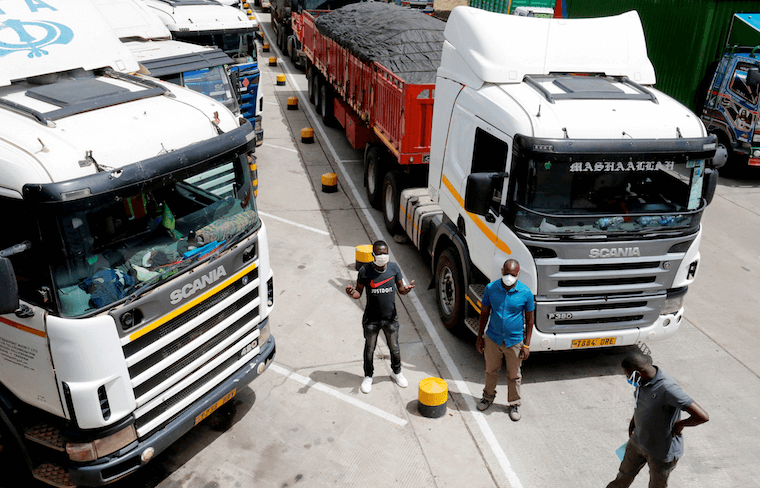Dr Ngozi Okonjo-Iweala takes office as World Trade Organization (WTO) Director-General today, on 1 March. As the first female and first African in this position, she joins other Africans at the top of powerful multilateral organisations – Dr Tedros Ghebreyesus at the World Health Organization, Dr Amina Mohammed at the United Nations and Makhtar Diop at the International Finance Corporation. There’s a sense that this is Africa’s time at the WTO, and there are great expectations that Okonjo-Iweala will champion the continent’s interests. However, pushing this agenda at the WTO will require strong leadership from African countries rather than an African Director-General. The WTO is a member state-driven organisation that has regulated global trade since 1995. Its job is a tricky one. It must foster multilateral cooperation without hindering healthy competition. The body attempts to set down rules to guide trading among its 164 members and resolve disputes fairly. Forty-four of these members are African. Another nine African countries hold observer status and some are negotiating accession to the body. However there’s a perception that African countries have gained little from the WTO. The organisation’s agenda has historically been dominated by the world’s economic superpowers, more recently including China. China’s accession to the WTO in 2001 is believed to have contributed to its export-led growth. The same cannot be said for Africa. According to Afrexim Bank president Benedict Oramah, Africa’s share of global trade has declined from 4.4% in 1970 to 2.5% today. Asia’s share has risen from 7.7% to 20% over the same period. African exports are dominated...
An African agenda at the World Trade Organization
Posted on: March 2, 2021
Posted on: March 2, 2021

